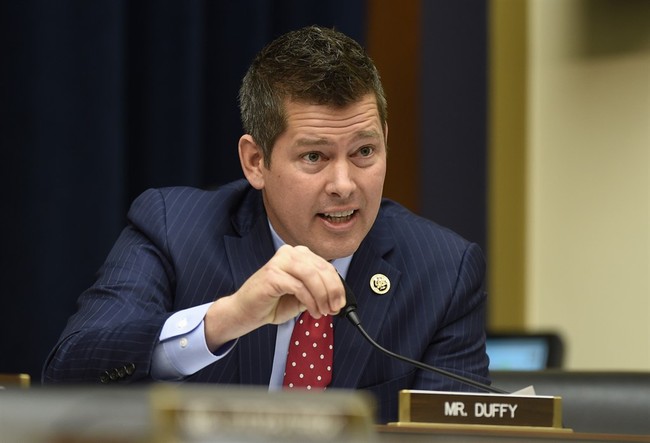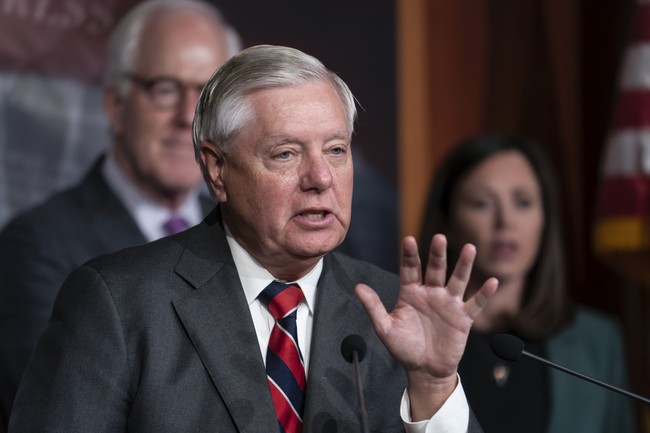Iranian Assassination Plot Unveiled in Canada
An alleged Iranian plot to assassinate former Canadian Justice Minister Irwin Cotler has been thwarted, drawing international attention. The implications for global security and diplomacy are significant.
Published November 20, 2024 - 00:11am

Image recovered from arabnews.com
In a startling revelation that underscores the complex interplay of international politics and security, Canadian authorities announced the foiling of an alleged assassination plot targeting Irwin Cotler, a former justice minister and a staunch critic of the Iranian regime. This intricate plot not only involved international espionage but also highlighted Canada's proactive measures in safeguarding its citizens and its stance on global human rights issues.
Irwin Cotler, now retired from politics but still vigorously engaged in human rights advocacy, has been a prominent figure, particularly in his criticism of Iran's government. His advocacy efforts have not only made him a target but also brought the activities of Iran's Islamic Revolutionary Guard Corps under scrutiny. In June, Canada had listed the corps as a banned terrorist entity, reflecting Ottawa's uncompromising stance against regimes it perceives as threats to international peace.
The plot came to light when Cotler was notified by Canadian authorities of a potential threat against his life from Iranian agents, sparking immediate security responses. Cotler, who has extensively contributed to global human rights campaigns, found himself under heightened protection measures, which reportedly included bulletproof vehicles and armed guards. This protection intensified following an attack by Hamas in Israel on October 7, 2023, after which Cotler's name surfaced as a potential high-profile target of Tehran's ire due to his Jewish heritage and his family's political connections to Israel.
Iran has categorically dismissed the claims as unfounded, presenting them as a Western narrative aimed at vilifying Tehran. Through its state media, Iran declared the allegations as 'ridiculous storytelling,' accusing Canada of participating in a broader misinformation campaign. However, Canada's decision to reinforce Cotler's protection indicates the gravity with which they are treating these threats, regardless of Iran's denials.
The alleged assassination attempt mirrors previous disclosures involving Iranian intelligence and assassination operations abroad. Particularly, the investigation by the FBI into separate murder-for-hire plots highlights a troubling pattern of attempted extraterritorial criminal activities by Iranian operatives, a factor that exacerbates already strained international relations.
This incident has sparked a wider conversation about foreign influence and interference within Canadian borders, a concern that has grown beyond Iran alone and touches upon activities by other nations such as China and India. Canadian officials stress the seriousness of such plots and the implications they have on national security and sovereignty.
The Canadian government, while reticent on specific operational details citing security concerns, has publicly affirmed its commitment to addressing international threats posed by hostile foreign entities. The minister for Public Safety, Dominic LeBlanc, refrained from commenting on the specifics of the investigation but indicated that measures were being reinforced to protect high-risk individuals like Cotler.
Irwin Cotler continues to be a vocal human rights advocate, serving as the international chair of the Raoul Wallenberg Centre for Human Rights. His ongoing efforts to promote global understanding and freedom highlight the persistent challenges faced by human rights activists who often operate under the shadow of geopolitical tensions.
As diplomatic ties between Canada and Iran remain severed, a decade since their disruption, the Canadian government's stance against Iranian threats serves not just an internal security measure but as a signal to the international community. In an era where global rules-based order is increasingly under threat, Canada's actions reflect an unwavering commitment to uphold international human rights and challenge supposed acts of terror beyond its borders.







